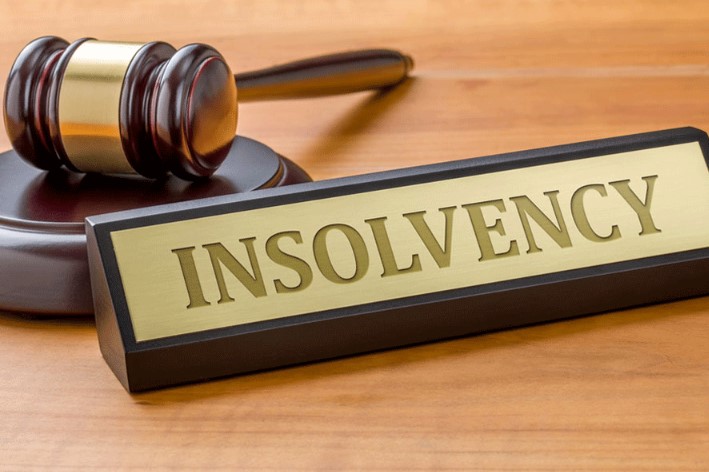Walmart settles with 2 Maine towns after losing tax appeals

Following contesting the tax expenses for a several of its outlets in Maine, Walmart has shed two appeals to the condition and settled with Ellsworth and Falmouth.
The business settled with the two municipalities following a created final decision by the state Board of Residence Tax Critique issued in December siding with the town of Brewer. The board identified that condition legislation barred the retailer from contesting its tax monthly bill. That similar thirty day period, the board dominated against Walmart in a tax dispute in excess of its tax monthly bill in Thomaston.
This isn’t the to start with time Walmart has settled home tax disputes. It also did so in Scarborough in 2019, Brunswick in 2021 and Bangor in 2022, according to conclusions posted on the state board’s web page.
In lots of of its tax appeals, in Maine and in other places, Walmart has argued that appraisals of its outlets really should be based on the value of the buildings insteads of on what kind of economic activity will take spot within — a controversial idea typically referred to as a “dark store” theory in which the retail outlet is assessed as if it is shut down and totally vacant.
But Valerie Moon, Brewer’s city assessor, took yet another method. She reported she effectively argued to the board that an obscure condition regulation stops any landowner from interesting a tax assessment if the proprietor refuses to provide suitable details to the area tax assessor.
Moon asked Walmart for quite a few items of data about its Brewer store when it contested its tax bills from 2020 and 2021, she said. Objects she requested included the store’s floor strategy, its gross sales figures, residence appraisals of Walmart’s other Maine stores, and far more. Point out legislation enables her to question for details that home proprietors may possibly think about confidential and stops her from publicly releasing these types of info, Moon reported.
“They did not present that info,” Moon claimed. “They argued it was not related and that I was overreaching.”
But the board identified that most of what Moon had requested for was relevant and, citing the point out law, resolved that Walmart’s refusal to offer the info barred the company from pursuing the appeals.
“A taxpayer is barred from captivating an abatement final decision if the taxpayer refuses or neglects to solution the assessor’s inquiries,” the board wrote in its choice, quoting the law.
As a consequence, the city’s $15 million 2020 evaluation for the Brewer retailer was upheld, as was its $15.25 million assessment for 2021. Walmart had argued the assessments for individuals a long time should have been $11 million and $13 million respectively, which would have saved the firm a full of $140,000 in tax payments in excess of people two many years, Moon claimed.
“In my belief, it is a terrific consequence for the citizens of Brewer,” Moon explained, incorporating that the diminished evaluation most likely would have lowered Walmart’s regional tax bill for at the very least the following several decades.
“That would have been a important loss,” she explained.
Bruce Stavitsky, a New Jersey home tax law firm who has been representing Walmart in its tax appeals in Maine, declined to comment when achieved at his workplace Thursday afternoon. Stavitsky directed inquiries on the tax appeals to Walmart’s public affairs office environment, but a spokesperson for the company did not reply Thursday to an emailed ask for for remark.
Larry Gardner, Ellsworth’s city assessor, credited Brewer’s success with getting Walmart to settle its tax dispute with Ellsworth. Ellsworth experienced appraised the area Supercenter at $20 million, but Walmart argued the assessment really should be about half that sum, which would have diminished its annual local tax monthly bill from approximately $360,000 to $180,000.
Alternatively, Walmart agreed very last month to an evaluation of $19.5 million, reducing its tax bill by about $25,000.
“I assume this is a incredibly superior worth,” Gardner claimed of the agreed-on assessment.
He claimed the precedent of the Brewer circumstance, and the state legislation that created the change, is an even greater deal.
“They no lengthier will be utilizing dark-retailer theory,” the Ellsworth assessor explained. “That’s a large offer for the point out of Maine.”







